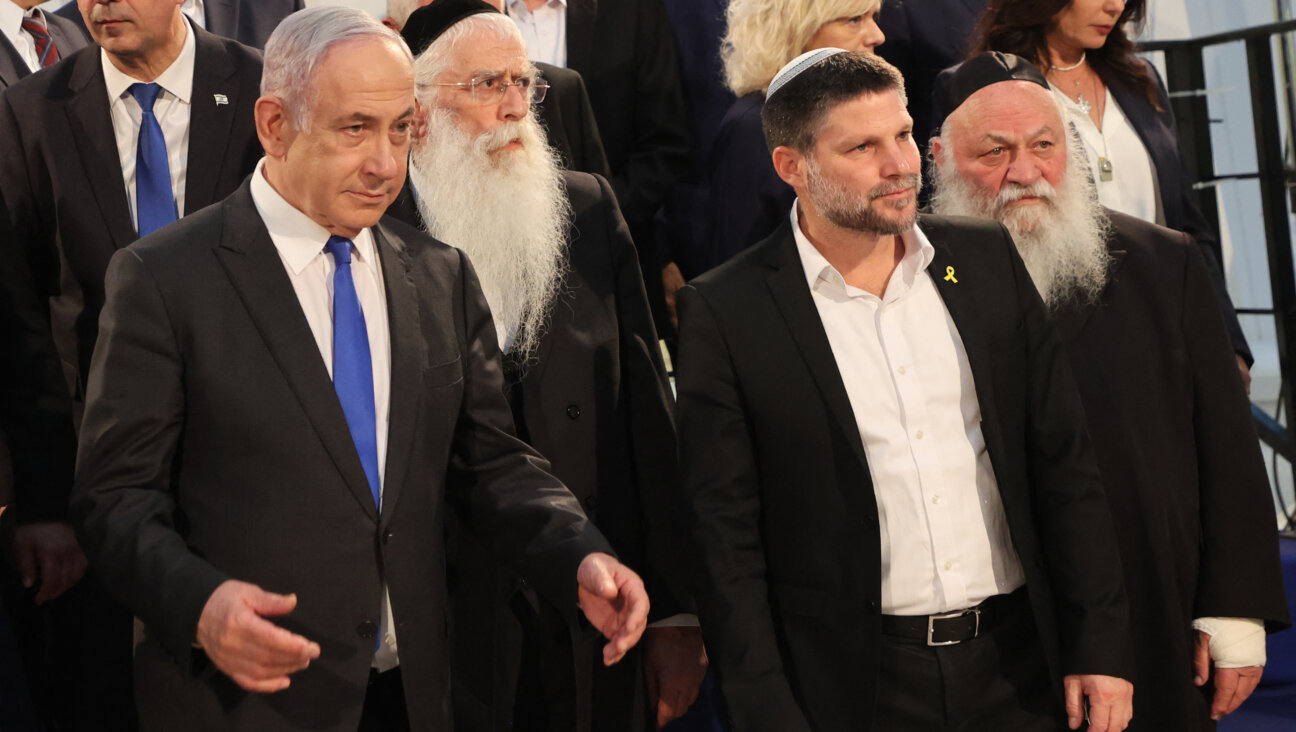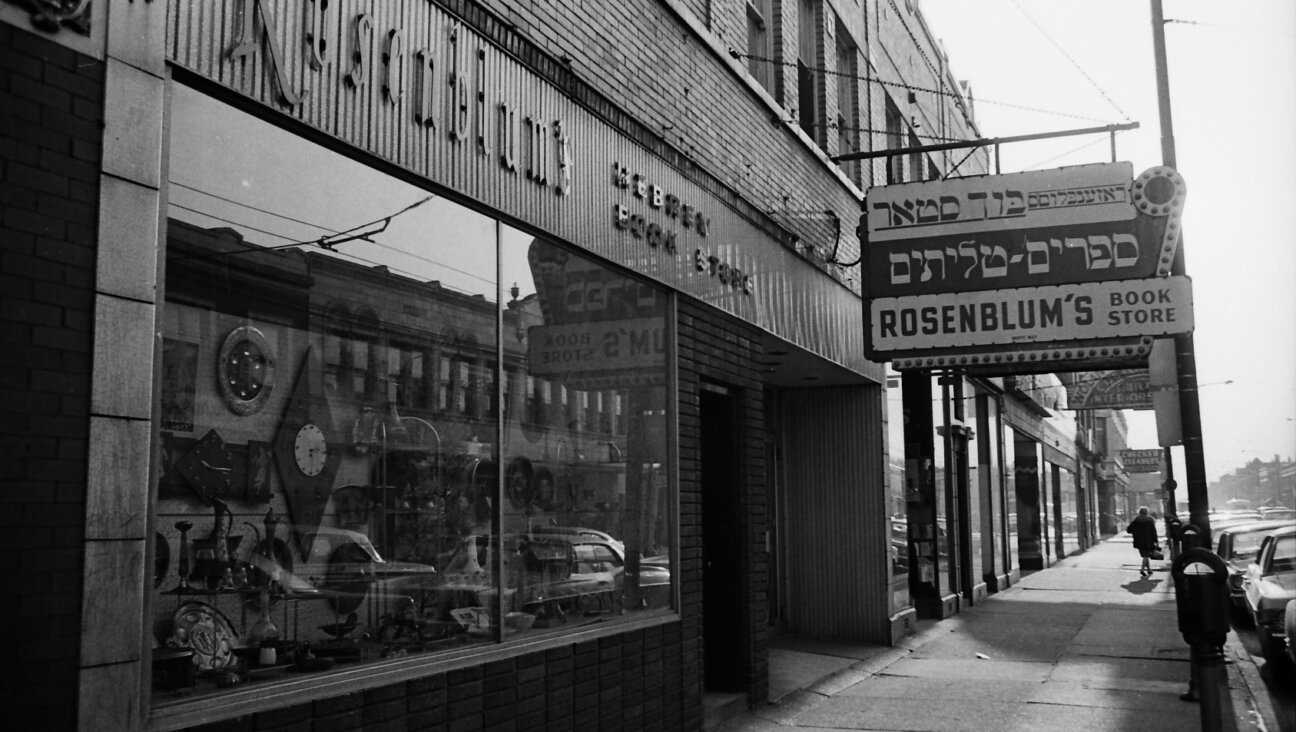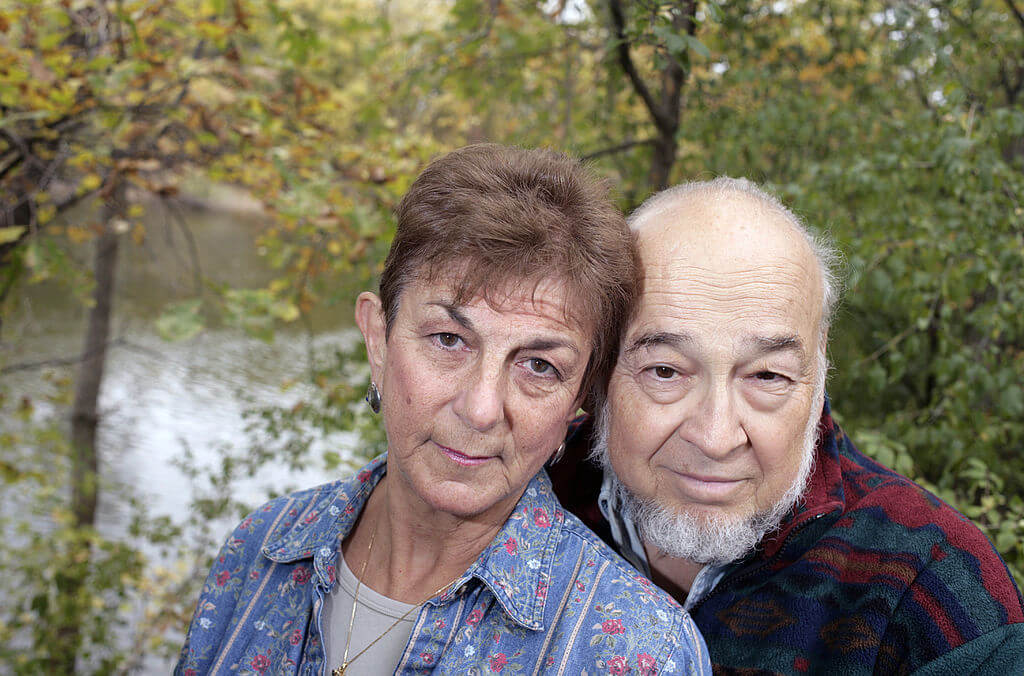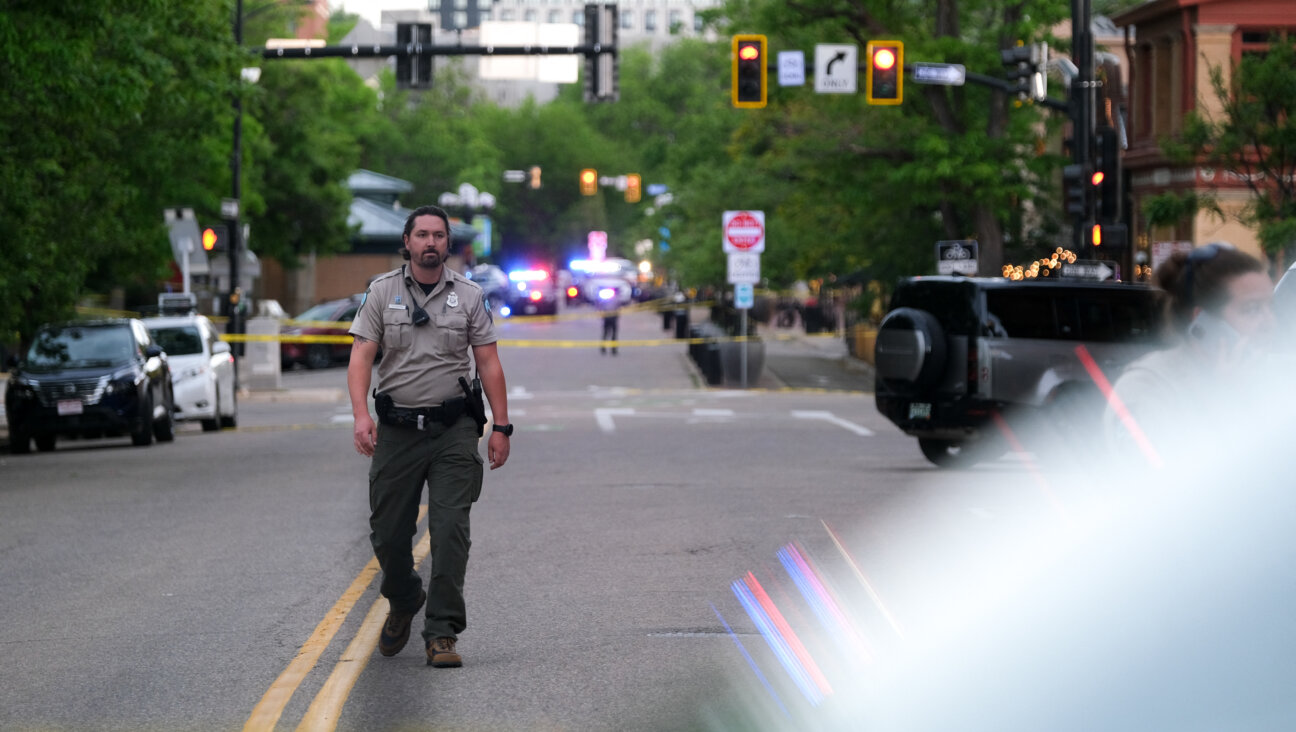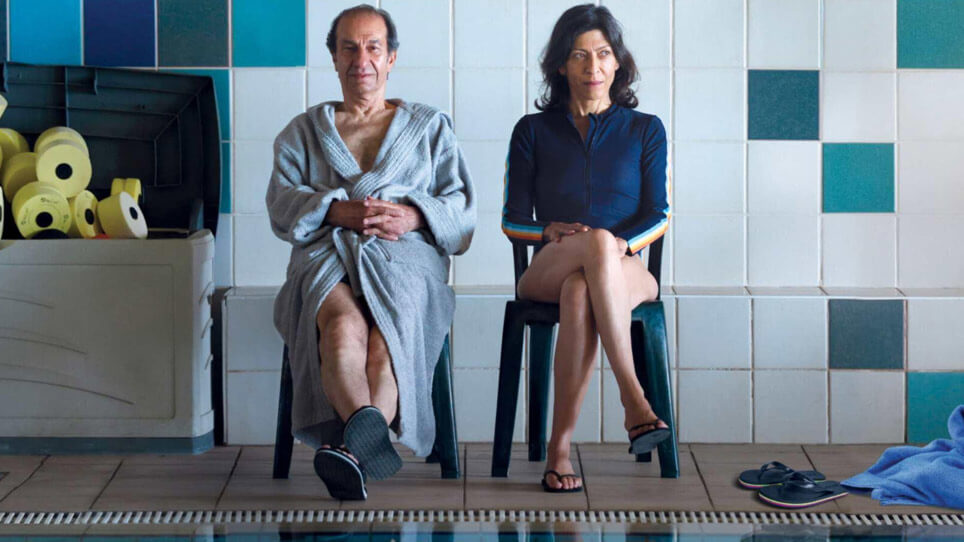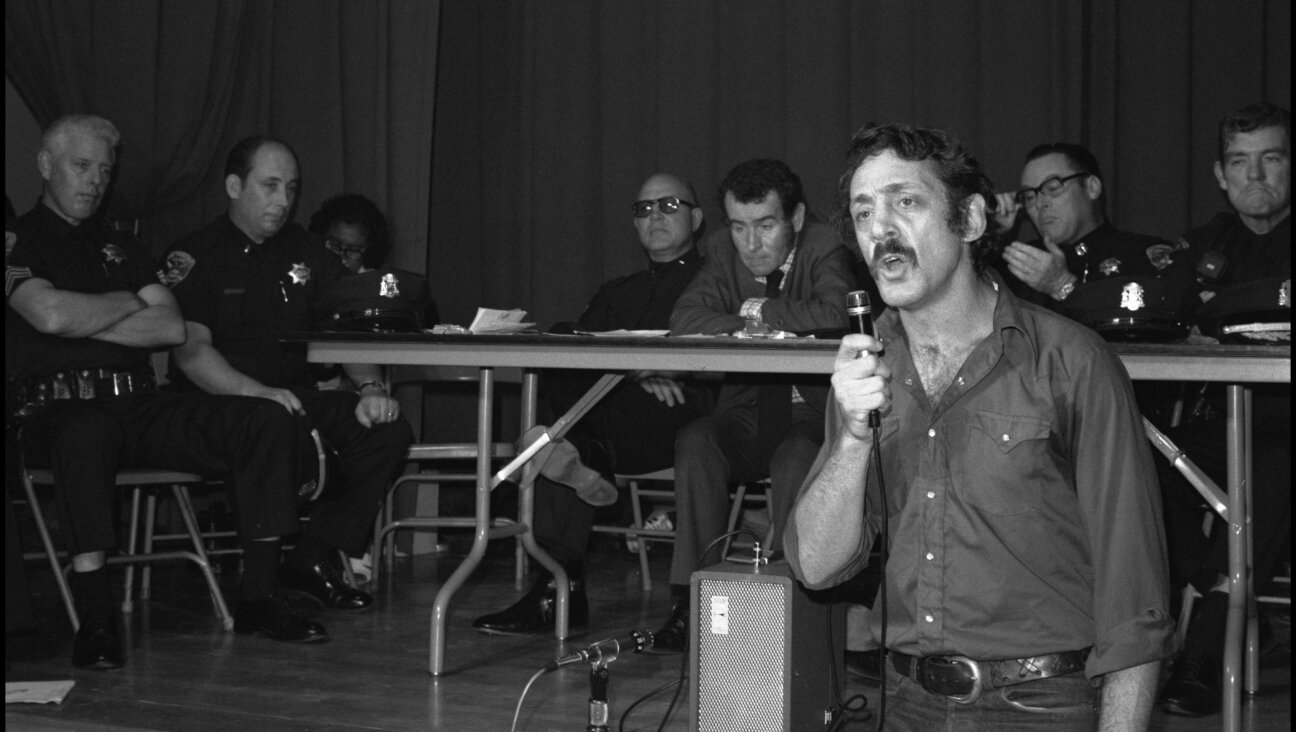The Secrets of a Jewish Santa

Image by Pixabay
In 1949 my father first began to play Santa Claus for the kindergarten class at Mason School in St. Louis. My dad, Paul Blumenthal, owned a nearby neighborhood pharmacy, Paul’s Drug Store, and he soon became well-known in South St. Louis for his animated Santa portrayals.
Perhaps part of the allure was the fact that our family is Jewish, and I recall a brief article about Dad in one of the St Louis newspapers with the boldface header commenting on “The Jewish Santa.” This publicity caused consternation for my mother, foreshadowing the unrelated fateful fragmentation of our family, but this is getting ahead of our story.
When our son, Johnny, was almost four, my wife, Sandy, and I took him to see Santa in action at the Mason School Christmas party in 1964. The kids were seated in a circle on the floor, and Santa bounded in, shaking a string of jingling bells. Those children were delighted as Santa danced and skipped around while a record player issued forth Gene Autry warbling “Rudolph the Red-Nosed Reindeer.” Paul knew a few of the kids who came into his drugstore with their folks, and some of those parents attended the Christmas party that day. Santa had a thick pharmaceutical book, “The Merck Index,” taped over so the cover read “Santa’s Index,” and inside he had a cheat- sheet with the names of the kids, their siblings and pets; he was the embodiment of the all-knowing magical Santa. Near the end of his visit, Santa called out, “there’s little Johnny Blumenthal,” and some personal stuff about him. Little Johnny was impressed, but on the way home he told Sandy and me, “Santa sounds a lot like Grandpa Paul.”
Being Jewish, of course we never had a Christmas tree in our home, nor celebrated any religious connection with the birth of Jesus; however, in retrospect it seems Christmas, certainly the Christmas season, entered the lives of secular Jews a little more deeply in the 1940s and 1950s than it does now. Each Christmas season, when my sister and I were children, Dad brought home from his drugstore a five foot tall sturdy cardboard standup display of a jolly Santa holding up between his fingers three bottles in each hand, the original six ounce green bottles of Coca Cola. This seemed innocent enough, but reflecting on it now, almost seventy years later, I realize the Santa/Coke display was a sub-rosa surrogate for a Christmas tree. Nonetheless, it remains a warm memory and undoubtedly contributes to my affinity for Coke above all other beverages, and I still feel a psychological connection between Christmas and Coke. Ah, the lasting impact of clever advertising!
My father grew up in a traditional Jewish home, but I never knew him to be an observant Jew; the only time I recall Dad attending synagogue was at my Bar Mitzvah. I have a very old undated newspaper clipping from the long defunct St. Louis Star-Times with a photo of my father’s large family gathered around the Passover Seder table. Everyone was there—- except Paul; “He was working,” I was told by his sister when she gave me this newspaper article. She estimated my dad was about twenty when that photo was taken, and she commented, “He was always working.” Indeed, throughout my childhood, and beyond, hard work defined my father.
In addition to his irrepressible work ethic, my dad had a genuine caring and concern for other people. Paul’s Drug Store was on Ivanhoe St. in the heart of the Epiphany Parish in South St. Louis, and Paul became a trusted and integral member of this heavily Catholic community. Not only did his neighborhood customers consult him for medicinal services, but often for personal advice, because of his professional standing, yes, but also on account of his naturally kind and caring nature. He would have made a wonderful family physician but, as it was, he was an inspiring example of his beloved profession of pharmacy.
If he was not an actively practicing or observant Jew, he more than made up for this in his everyday life by doing Mitzvot, the ancient Hebrew Biblical Commandment to do good deeds. Upon his death I received many cards and letters of condolence, almost all accompanied by some anecdote or expression of the love and esteem in which he was held by his customers.
Years earlier, when Harry Casey, a neighborhood customer, had died at a young age, my dad gradually became a surrogate father to the nine Casey kids. When each of them came of age they worked in the drugstore, first delivering prescriptions on a bicycle after school, sweeping up, soon stocking shelves, and finally, waiting on customers. Upon their turning sixteen, my dad taught each of them to drive, beginning on the empty parking lot of the St. Louis Municipal Opera on Sunday mornings. Ultimately, two of the Caseys were influenced to become pharmacists. Now, over half a century later, I remain close to Joe Casey and his family.
My father’s good work in the community was observed by the priests and nuns at the Epiphany Church, and they forged strong bonds of friendship. A few years after my dad’s death in 1988, I wrote a story about him that was published in Missouri Pharmacist. To gather some background material for that story I visited Sister Mary Ancilla, who by then was in her eighties and living in a retirement convent in South St. Louis. She told me stories about hot August days in St. Louis; when Dad saw the sisters walking past the drugstore he would invite them in for a Coke at the fountain…in December he mailed Christmas notes and packages for them… and she told me about my mother and father attending her Golden Jubilee.
At the end of our visit, Sister Ancilla invited me into a small chapel where she offered a prayer for my father. Then the conversation turned, and she related some things that startled me—- things Dad had confided to her and to a priest with whom he had also become close, Father Kollata. Sister Ancilla knew all about my sister’s inter-racial marriage, how my mother had disowned her, and the smoldering conflict this caused between my parents. My father loved his daughter and was accepting of her choice, but he was caught in the middle, and was browbeaten by my unforgiving and uncompromising mother. From Sister Ancilla’s revelations I got a sense that my father felt more secure and closer to those Catholic clergy than to Judaism. I always felt my dad and I were close, but he had never spoken to me about any of this.
Despite vague misgivings about these disclosures, I carried away from my visit with Sister Ancilla a deep sense of pride upon hearing some of the last words she said to me: “I think of your father often. It must be hard to be the son of a great man.”
This piece was originally published in St. Louis Java Journal, Dec 2011. Bio photo courtesy of Tulsa People Magazine.















